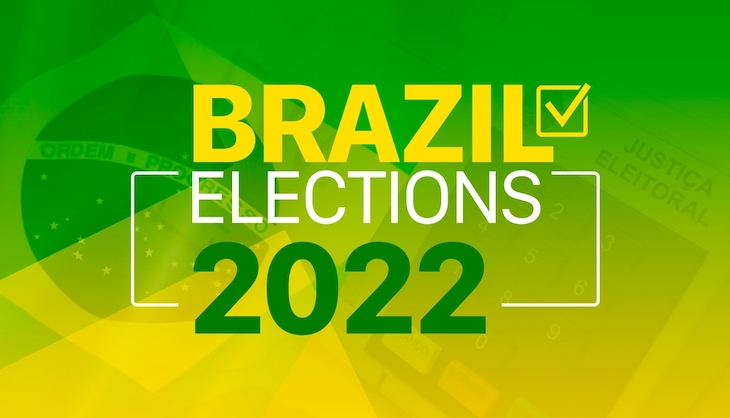Brazil: The return to moderation

On Sunday, October 2nd the first round of presidential and legislative elections in Brazil took place. Former president Luiz Inácio Lula da Silva (of the Worker’s Party) and current leader Jair Bolsonaro (Liberal Party, see image 1) have advanced to the second round and will face each other in a runoff on October 30th. Although this was the scenario projected by polling data, the gap between them was narrower than expected, with an improved showing on behalf of candidatees on the right in legislative races. On account of this, the composition of Congress will lead to moderation and brokerage as key elements during the upcoming government.
The election reported a participation rate of 79.1% of the registered electorate and surprised with the performance from parties on the right, which obtained 49 and 44 percent control of the House of Representatives and Senate, respectively (see image 2 and image 3). Simultaneously, centrist parties continue to maintain their relevance, while parties on the left obtained fewer seats than expected, particularly in the senate (16%). These results mean that, regardless of who triumphs in the presidential race, negotiation with the centrist coalition and political moderation will be necessary.
Within the context of the presidential race, Bolsonaro also demonstrated better than expected results, but finds himself in a more complex position to obtain a greater number of votes in the upcoming second round. The former on account of the fact that his administration sustains high rates of disapproval (57%) and, although he receives high marks on matters of corruption, this issue no longer remains amongst the citizenry’s priorities like it had in 2018 to his benefit.
On the other hand, the base scenario continues to be that the presidential election’s second round results in triumph for Lula, who is closer in obtaining a majority of the vote given the first round’s results. Moreover, amongst the population’s principal concerns are the economy and demands of social welfare, this last one a pillar of Lula’s campaign. A majority of voters remember his two previous terms positively on account of the economic growth and reduction of income inequality in the country.
In this context, a favorable market reaction is expected given the high probability of moderation in Lula’s political discourse as well as the abandonment of more radical policies, which would lend support to asset valuations. This can be seen in the fact that the Bovespa index rose by 5.5% during market hours yesterday, sovereign debt yields on 10-year notes dropped 24 basis points, and the Brazilian Real appreciated by 3.8%.
Nonetheless, there remain elements that add to uncertainty, such as the membership of the upcoming economic team, potential reform of the cap on fiscal expenditure (“budget ceiling”) and the intentions to maintain fiscal sustainability during the upcoming government.
View Report